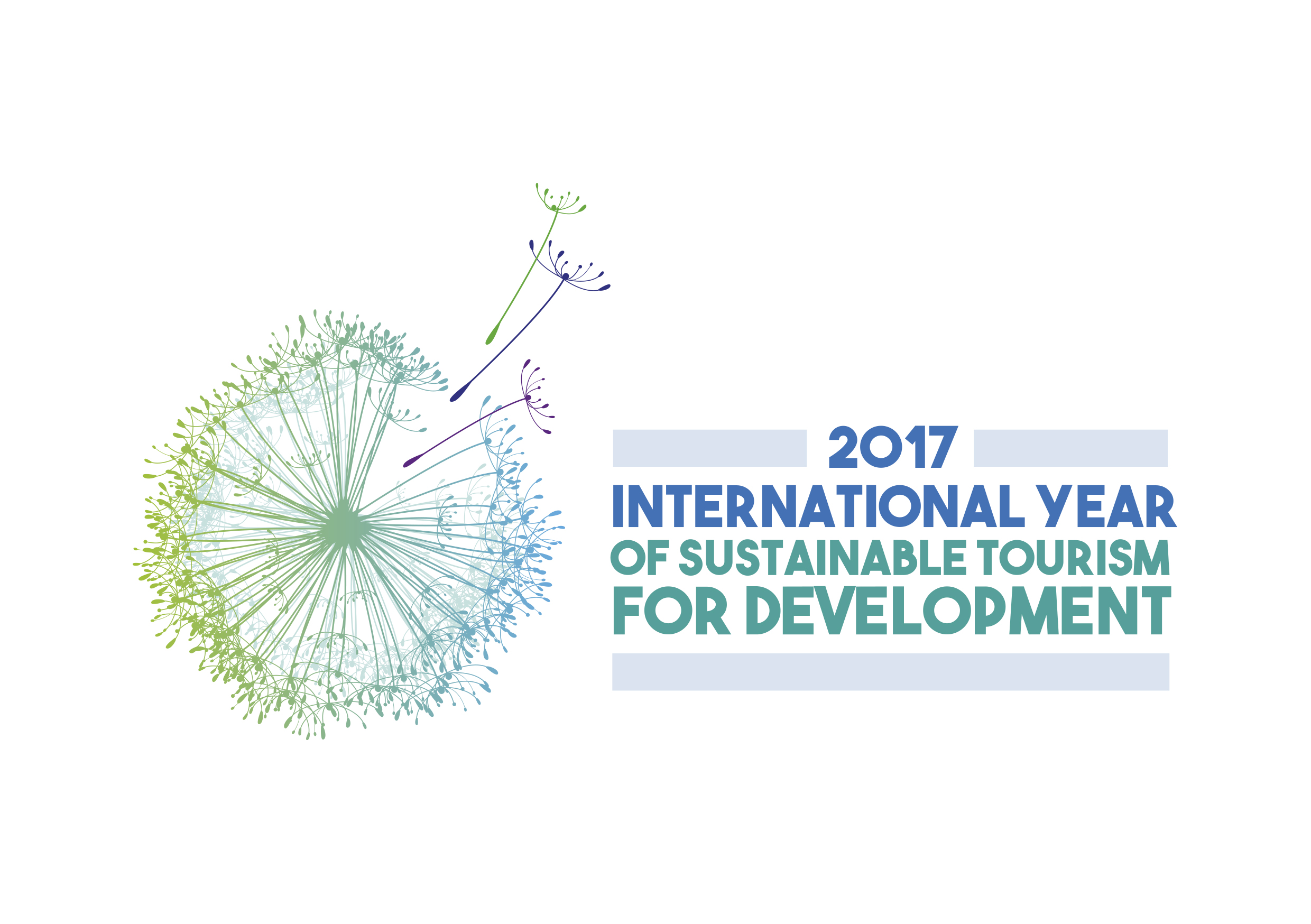 For many of us are great news to start to celebrate this year, as the International Year of Sustainable Tourism for Development, approved by a resolution of the General Assembly of United Nations; this is an incredible opportunity to call for a change. The conjuncture is special: 2030 Agenda, Sustainable Development Objectives, Paris Agreement, and many more efforts associated to a new way of thinking; into which we all can be part of.
For many of us are great news to start to celebrate this year, as the International Year of Sustainable Tourism for Development, approved by a resolution of the General Assembly of United Nations; this is an incredible opportunity to call for a change. The conjuncture is special: 2030 Agenda, Sustainable Development Objectives, Paris Agreement, and many more efforts associated to a new way of thinking; into which we all can be part of.
This initiative started within the Sustainable Development United Nations Conference Rio+20, in which was recognized the importance of tourism to promote the three pillars of sustainable development, the job creation and commerce.
After 25 years since the first Rio Conference on Sustainable Development, our question would be: How much do we have changed since then? Change seems to be eternal and slow; it seems that we are doing the same day by day, repeatedly. Once we recognize that we have an important role in the community, in the territory and the environment then we can take actions from the essential.
Tourism is a growing sector. Tourist and visitors raise and then risk, challenges and impacts raise. It is important to take into account those challenges and contribute with our efforts to strengthen the communities and territories, promoting good practices and fostering economic sustainable development for everyone.
What´s that about sustainable tourism for development? Tourism is a tool that allows to integrate different stakeholders around a human activity that requires sensitivity to attract people during their spare time. According to the United Nations World Tourism Organization – UNWTO-, tourism is important to promote understanding between peoples, cultural consciousness and peace building. Tourism can be sustainable if it takes into account the benefits to the social network as a whole, into the environment and the territory; and if the activity provides economic benefits to everyone, maximizing the positive impacts and minimizing the negative impacts. Tourism generates a unique opportunity of inclusion of different public, private and communitarian stakeholders; creating synergies and collaborative networks to exchange ideas for local development.
The Sustainable Development Objectives related to the sector are: Number 8, which seeks to promote sustainable and inclusive economic growth; decent and productive work for all. Number 12, which refers to Consumption and sustainable production; and Number 14, which refers to the Conservation and sustainable use of oceans, seas and marine resources for sustainable development.
The Year 2017 will promote the role of tourism in the following five key areas:
– Inclusive and sustainable economic growth;
– Social inclusion, employment and poverty reduction;
– Resource efficiency, environmental protection, and climate change;
– Cultural values, diversity, and heritage; and
– Mutual understanding, peace, and security.
This is a unique opportunity to raise awareness about the sustainable tourism and its contribution to the development of private and public sector, the decision-making stakeholders and communities. Tourism can be a catalyzer to generate changes and improve the quality of life in general, to improve the deficit conditions in basic infrastructure and income generation, even to the inclusion of stakeholders with limited opportunities.
At an institutional level, it seeks to the generation, implementation and evaluation of public policies related to development and sustainable tourism. At an entrepreneurship level, it seeks to generate good practices of sustainability in a transversal way in different processes –pre-operative, production, post-production. At an individual level, it seeks to adopt new patterns of consumption that takes into account our responsibility into the buying decision process.
From one side, we have to take into account the impact of our operations to the social, environmental and economic level; the impact of our decisions in the designing process, construction, operation and commercialization processes and what consequences have in our internal and external clients. On the other side, we have to consider revising that our buying decisions are not only a financial transaction; we are also supporting initiatives and practices behind the product that we are acquiring. Why is so difficult to take smart and responsible decisions to buy when we have more information about entrepreneurial practices and production processes behind brands and products?
More information at:
 English
English Español
Español
